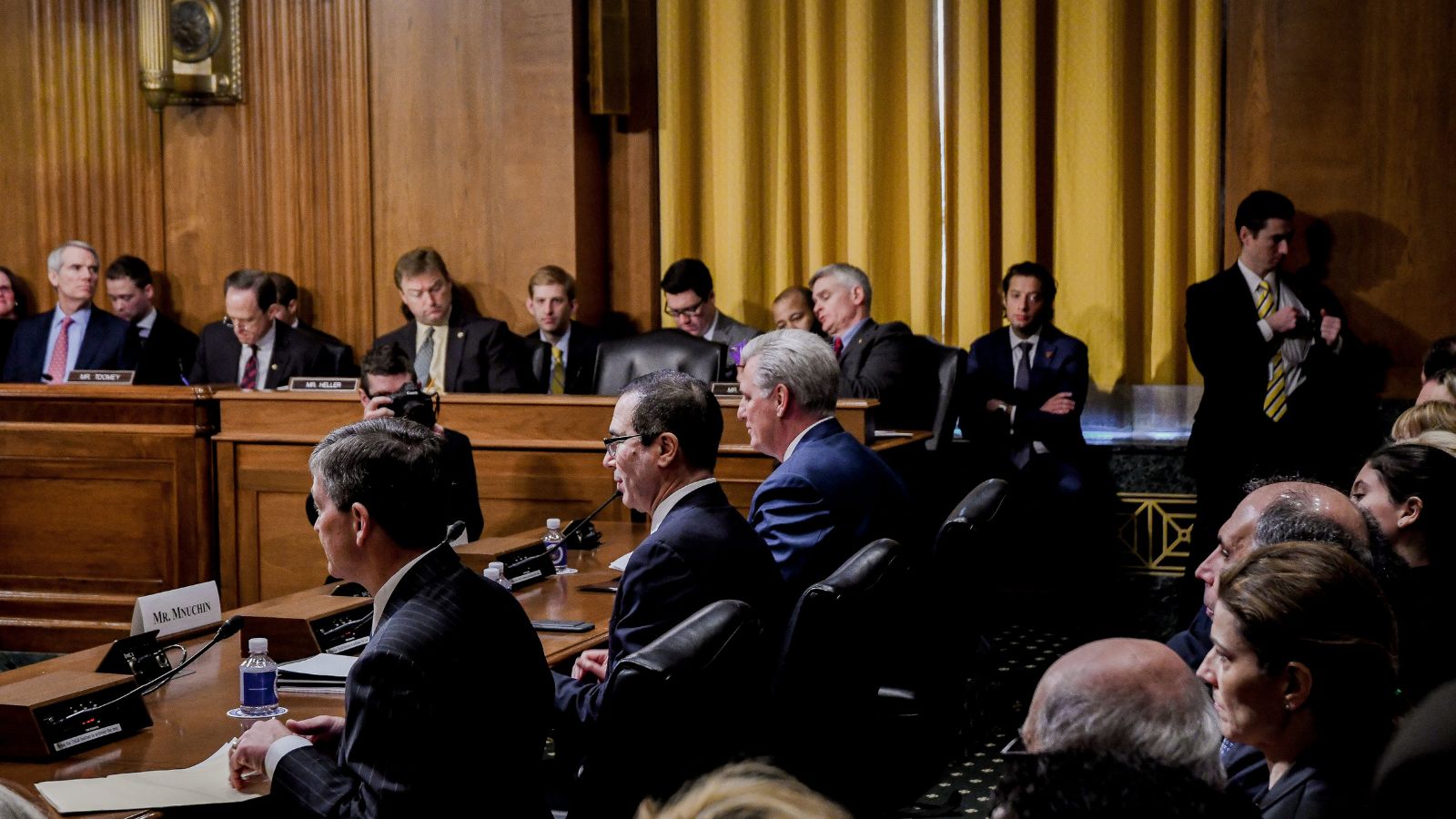Racial privilege is a reality in the UK that impacts every aspect of life, often in ways that go unnoticed by those who benefit from it. Understanding how it works is the first step toward challenging and changing it.
Better Job Prospects

In the UK, your chances of landing a job can be significantly influenced by the colour of your skin. Studies have repeatedly shown that applicants with traditionally white-sounding names are more likely to be called for an interview than those with ethnic-sounding names, even when their qualifications are identical.
Easier Access to Housing

Finding a place to live should be straightforward, but for many people of colour, it can be fraught with challenges. Landlords and estate agents sometimes discriminate, whether consciously or unconsciously, against potential tenants who aren’t white, and this can result in fewer housing options, being asked for higher deposits, or even being turned away altogether.
More Positive Media Representation

In the United Kingdom, the majority of media portrayals still predominantly feature white people, often in leading and positive roles, and this constant reinforcement of white characters as the norm can marginalise people of colour. White people benefit from seeing themselves reflected positively in the media.
Assumed Innocence in Public Spaces

When white people are in public spaces, they’re less likely to be viewed with suspicion. Whether it’s walking into a shop, boarding a train, or simply sitting in a park, white people are often assumed to be law-abiding and harmless, and this assumption of innocence means they’re less likely to be followed by security.
Easier Interactions with the Police

Interactions with the police in the UK can be vastly different depending on your race, as white people are less likely to be stopped and searched—and if they do interact with the police, they’re often treated with more respect and less suspicion. Yet the fear of police mistreatment is a reality for many people of colour.
Greater Access to Education

Education in the country is another area where white privilege is evident, due to the fact that white students are more likely to attend schools with better resources, experienced teachers, and more extracurricular opportunities. They’re also less likely to face racial discrimination from teachers or peers.
Representation in Government

When you look at the UK government, the vast majority of elected officials are white. This lack of diversity means that the perspectives and needs of people of colour are often underrepresented or overlooked, while white people can see themselves reflected in the country’s leadership.
Easier Access to Health Care

White privilege also extends to health care, with white patients more likely to receive better treatment, be listened to by doctors, and have their symptoms taken seriously. There are also disparities in how quickly different racial groups are diagnosed and treated for serious conditions.
Less Exposure to Microaggressions

Microaggressions—those subtle, often unintentional, discriminatory comments or actions—are a daily reality for many people of colour. White people, however, rarely have to deal with these constant, draining encounters, such as never being asked where they’re “really” from.
Easier to Find Products That Suit You

Whether it’s beauty products or bandages, many everyday items are designed with white people in mind, and in the UK, it can be challenging for people of colour to find products that match their skin tone or cater to their specific hair types. This extends to the fashion industry, where clothing sizes and styles often reflect white norms.
Fewer Barriers in the Workplace

In many workplaces across the country, white employees are more likely to be promoted, receive mentoring, and be considered for leadership roles. This is partly due to unconscious bias, where managers may feel more comfortable with people who look like them, but it also stems from networks of privilege that white people are more likely to be part of.
Easier Access to Financial Services

White people in the United Kingdom generally have an easier time accessing financial services like loans, mortgages, and credit. People of colour, on the other hand, may face higher interest rates, more stringent lending criteria, or outright rejection, which can hinder their financial growth and stability.
More Cultural Representation

Cultural representation still leans heavily towards white traditions, holidays, and values. White people grow up seeing their culture reflected and celebrated in everything from public holidays to school curriculums, yet for people of colour, this can lead to feelings of exclusion or pressure to assimilate.
Greater Safety in Social Settings

In social settings, if you’re white, you’re less likely to face hostility or discomfort because of your race. Whether it’s attending a party, going to a pub, or joining a new social group, white people can generally expect to be welcomed without suspicion.
Easier Travel Experience

Travelling in the UK, whether for leisure or work, is often easier for white people, as they’re less likely to be stopped and questioned by security, assumed to be tourists, or treated with suspicion by fellow travellers. This can make the experience of moving around the country—or even going abroad—less stressful.
Assumed Competence

In many areas of life, a white person is more likely to be assumed competent until proven otherwise, which applies in the workplace, educational settings, and even in everyday interactions. Conversely, people of colour may have to work harder to prove their abilities and overcome doubts from others.
Freedom from Stereotyping

Generally expecting to be judged as individuals, rather than being lumped into a group based on assumptions about their background, white people enjoy freedom from stereotyping. This is while people of colour often have to work through a world where they are constantly fighting against harmful stereotypes.







